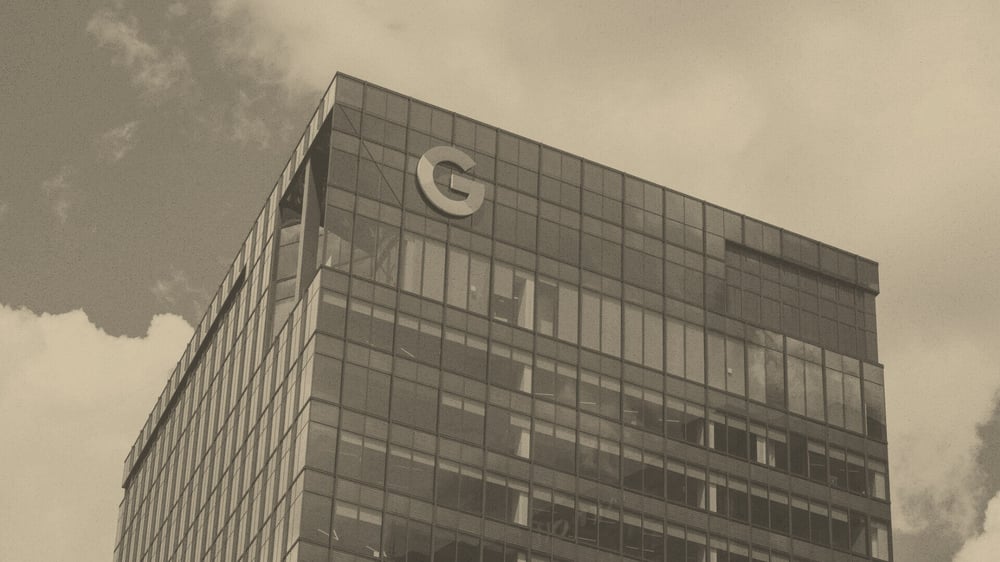Industry Briefing #16
Technology media highlights

- Reading time
- 1 min
- Words
- The Briefing
- Published date
- August 9, 2024
The Briefing keeps consultants ahead by unpacking essential trends and emerging questions they can answer through market research.
On this week’s issue: The tech landscape is in flux as the EU and US consider AI restrictions, even as Google rapidly rolls out new features. Intel faces large-scale layoffs after a poor second quarter, while CrowdStrike deals with legal challenges following a major outage. In the dating world, apps are losing favor as singles explore new ways to connect.
Questions to Stay One Step Ahead
The current tech industry landscape is one of extreme competition and exciting change. AI technology continues to fuel innovative new solutions, but also raises questions of privacy and security. Technical missteps and security incidents have also resulted in financial losses and layoffs for many tech companies. To thrive in this competitive environment, companies will need to develop a deep understanding of their target audience and their needs and preferences.
- AI tools: How do consumers use AI tools in their day-to-day lives? Do they support AI regulations or prefer an open-market approach?
- Dating apps: Do consumers feel safe using dating apps? Do they prefer to meet potential partners online or offline?
- CrowdStrike outage: How did the CrowdStrike outage change consumer perceptions of the companies involved, such as Delta, Microsoft, or CrowdStrike itself?
Interested in launching a study on these topics?
Reach out to Potloc today to jumpstart a market research study for your strategic projects.








